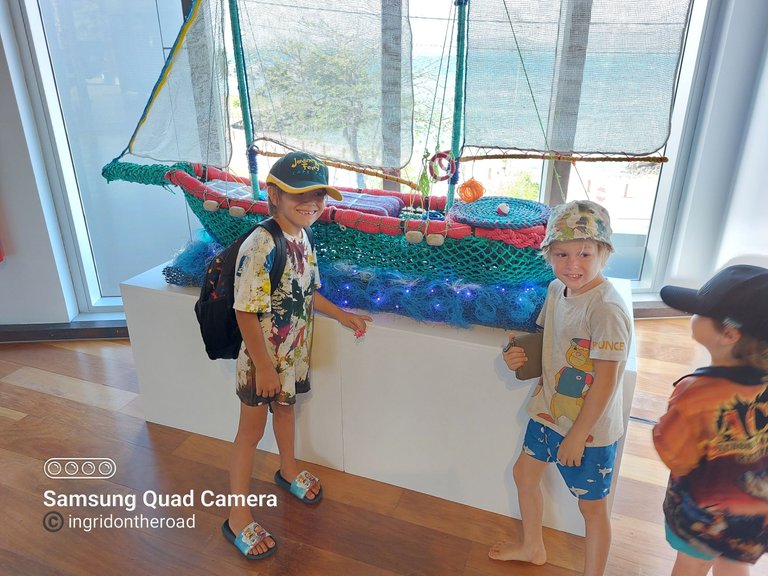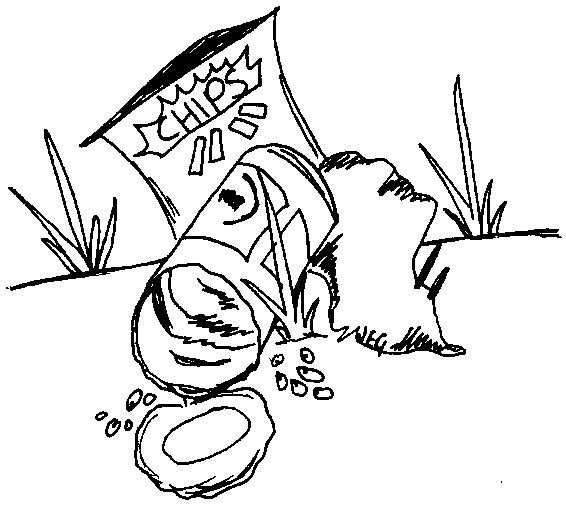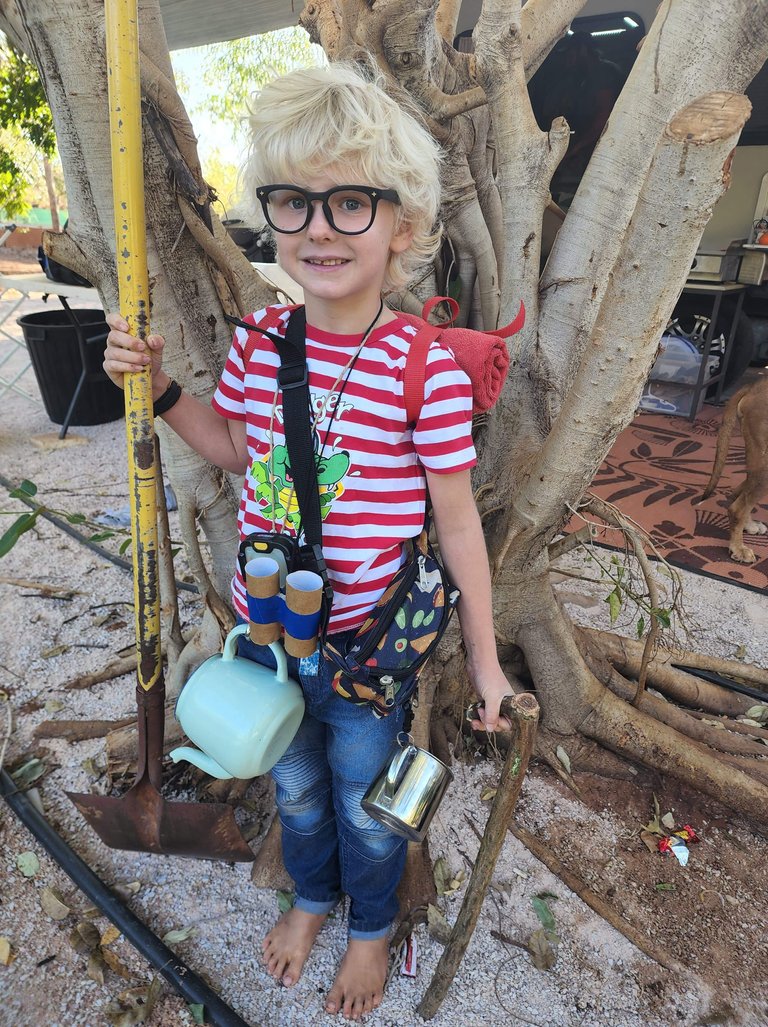
In my previous post I touched upon outcomes based education which is part of the curriculum framework. I spoke about taking time to learn... meaning don’t cram English, Maths, Science, Technology, Art, and Social Studies as separate subjects, and goodness knows what else, all in the one morning. Unfortunately many school teachers try to do this still.
Likewise some homeschool parents will rip out book after book, subject after subject, hour after hour to fulfil the framework, after all that is what is expected from the Education Department.
NO! That is not what they want you to do.
I’ll try to explain. Since 1999 education providers commenced implementing the Curriculum Framework and it was anticipated that it would be fully implemented and working within 10 years, which it basically was.
If you read The Curriculum Council Act 1997, it provided for accountability measures to be enacted if it wasn't fully implemented by the beginning of 2004 (yes that long ago).
Let's fast forward to 2022.
Home educators are not exempt from complying with the Curriculum Framework. As parents teaching your children at home you actually have the right to focus on particular outcomes during phases of development. It is however also expected that during the entire period of educating your children they will achieve all of the outcomes in the Curriculum Framework to some extent.
Not all of the outcomes have to be achieved during one year, these can be achieved the following year if necessary. As long as all the outcomes are covered to some extent during the K-12 school years.
If you are interested in reading more about the phase of development you can do so by reading the ‘Scope of the Curriculum’ section in the Framework’s Overarching and Learning Area Statements. This book and books like them should be given or posted to you by your Home School Moderator when you start teaching your child in Australia. If you don’t have a copy you can ask your Home School Moderator to provide you with one or you should be able to locate the full set at your local library.
Another helpful tip... in some circumstances you can ask for an exemption to teach certain things, due to your child either being unable to do them because of a physical or mental disability or you can object for religious, cultural or moral reasons.
You will need to seek further advice and information from the Curriculum Council in your State. So when you develop or purchase resources make sure they include learning opportunities and experiences aimed at achieving the outcomes set out in the Framework.
Cross Curricula:
One educational jargon that springs to my mind is ‘cross curricula’. I’ll give you an example of a cross curriculum project which may ask several questions covering a large number of subjects.
One example is:
- What happens at a rubbish tip?
- Who suffers when rubbish is dumped into the ocean?
- How much rubbish does your family have on average each week?
- How can we make less rubbish?
- What is recycling?
- What happens to the cats people dump at rubbish tips?
- Develop, design and write an environmental poster as a project showing pictures or photos of rubbish or rubbish tips.

As you can see from the example, the questions cover the following subjects:
- Society & Environment (SOSE)
- English
- Science
- Health
- Arts
- Maths is also incorporated into this worksheet.
Students can keep a tab on the amount of rubbish bags used at home over a period of time, record data and use graphs.
By using the outcomes approach students learn values, understand environmental issues, develop research skills, learn to collaborate and I’m sure you could think of several other valuable points.
In this example, students of any age will have a great time researching books, magazines, pamphlets, the Internet and possibly many other areas to discover their answers. They will also have the pleasure and satisfaction on completion of their project. A great discovery tour!
The idea of cross curricula is to encourage fun learning by researching the various topics. I found students became bored very quickly when research and photocopying was done for them and it was just a matter of read and copy the writing. This is not my idea of developing the full learning potential of children.
I can almost hear you say, but this project will take all week!
So, what if it does take all week?
Your children will have covered so many outcomes and so many subjects by doing this one project that you will be amazed how much more you really did cover during that week instead of rushing through each subject separately for a short period of time. You will see results, children that enjoy learning and happy faces. More importantly, relaxed faces.
Remember that learning should be fun, if learning is not fun then you must introduce the fun in order to achieve the best results for yourself and your children.

Outcomes Based:
Another educational jargon is ‘outcomes based’. This should not be a new term to you as it has been bandied about for some time now, it means students should achieve at specific levels in each facet of a given subject.
It’s that simple!
Thought process, individual and collaborative learning are some more great terms. Thought process happens every time your child has to put brain-power to work, forget the copy-paste system, that is not thought process.
The above example project about the rubbish tip will require the student's thought process. Children have to think how they would tackle the many issues regarding the project, like thinking about environmental consequences, how they will research books etc.
Individual learning speaks for itself. Can your children sit down and do the work or do you need to sit there and hold their hand all the way?
Can they independently conduct research, prepare an essay and complete their task? This usually is fully developed once they reach age 12 upwards. Younger children, depending on age, will require more input from you but you should encourage self-learning as early as possible, even if it is for 10 minutes a day.
Homeschooled children are known for their reliability, independency, and hard working skills. Keep up the good work my friends because you are raising our future generation.
Images and Written Content
©️ ingridontheroad
My girls started out in the school system, so one of the things I used to worry about was that we weren't covering enough. Probably because it was so much quicker and easier covering things at home when it takes much longer in a school day where they have restricted time in lessons and the teachers have so many other children to work with as well. Occasionally I'd test them with some of those online tests to see if they were keeping up with expectations for their age and they were nearly always tracking just fine, often better. Sometimes there might have been things we'd missed, but that was easily incorporated into their next project or activity.
It took me a while to stop panicking about them not learning enough and in those years where I thought we'd been particularly slack the Home Ed officers were as happy with their progress as they'd always been. It was such a great relief and moral support to have other experienced homeschoolers like yourself to explain cross curricula things like this and put my mind at ease.
I was the same in the beginning but worked out pretty quickly what was expected by reading Government Education Department documents. The thing about homeschool is to not stress. Most kids taught at home are well ahead of their publicly taught counterparts. I didn't have the advantage of the internet for research back in 1990's either!
It is a good idea to cross curricula, in one activity several learning areas are included and developed simultaneously. I agree with you that traditional education only proposed reading and copying, which brought great boredom to the children. It was time to change that.
It was a good change if implemented properly. Home educators seem to do it naturally.
Congratulations @ingridontheroad! You have completed the following achievement on the Hive blockchain and have been rewarded with new badge(s):
Your next target is to reach 3750 upvotes.
You can view your badges on your board and compare yourself to others in the Ranking
If you no longer want to receive notifications, reply to this comment with the word
STOPSupport the HiveBuzz project. Vote for our proposal!